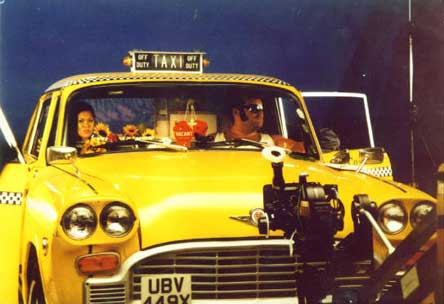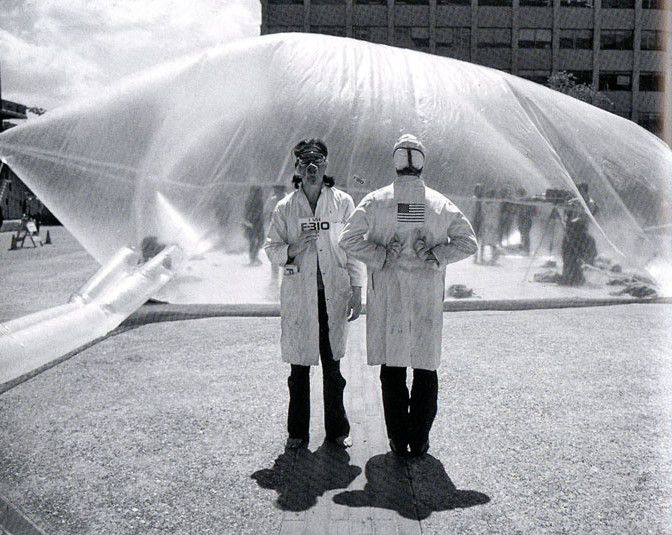For most people, creating a new mode of travel to massively improve speed and environmental impact would be worthy of a life’s work. But not so for Elon Musk, too busy to develop his idea for the Hyperloop because he’s trying to colonize Mars and transform Earth into a solar-and-electric planet.
Others, however, are interested, very interested. In a Vice “Motherboard” article, Jason Koebler travels to College Station, Texas, to take the temperature of engineers who have pipe dreams, at a competition among those driven to complete Musk’s mandate by an idealism they may not even be able to express. An excerpt:
After briefly talking about it in public, Musk published a white paper that went into specifics of how it would work: Use vacuum pumps to take the air out of an enclosed tube to reduce air pressure, remove the wheels from a “pod” to reduce friction, and use some induction motors to shoot the pod down the tube very quickly.
Two and a half years later, actually traveling on a hyperloop is still theoretical, but its effect on business is not. There is a very real, bonafide industry of people trying very hard to make the hyperloop. The way Smith and everyone else in the industry talks about it, the hyperloop is is not some futuristic thing—it’s an engineering problem that’s being actively solved by real companies and real engineers.
“The hyperloop is real,” Brogan BamBrogan, a former SpaceX employee and cofounder of Hyperloop Technologies told me.
If the hyperloop is real, then the pod design weekend was its coming out party. Hosted by SpaceX at Texas A&M University, the weekend featured more than 1,000 students split between 180 university teams, each of them armed with design schematics, computer models, and physics proofs that suggest it’ll be possible to build hyperloop pods that can successfully navigate a one-mile test track being built by SpaceX on its Hawthorne, California campus. More strikingly were the number of companies and professional engineers there whose main business and job description is, broadly speaking: Make the hyperloop into a tangible thing.•





